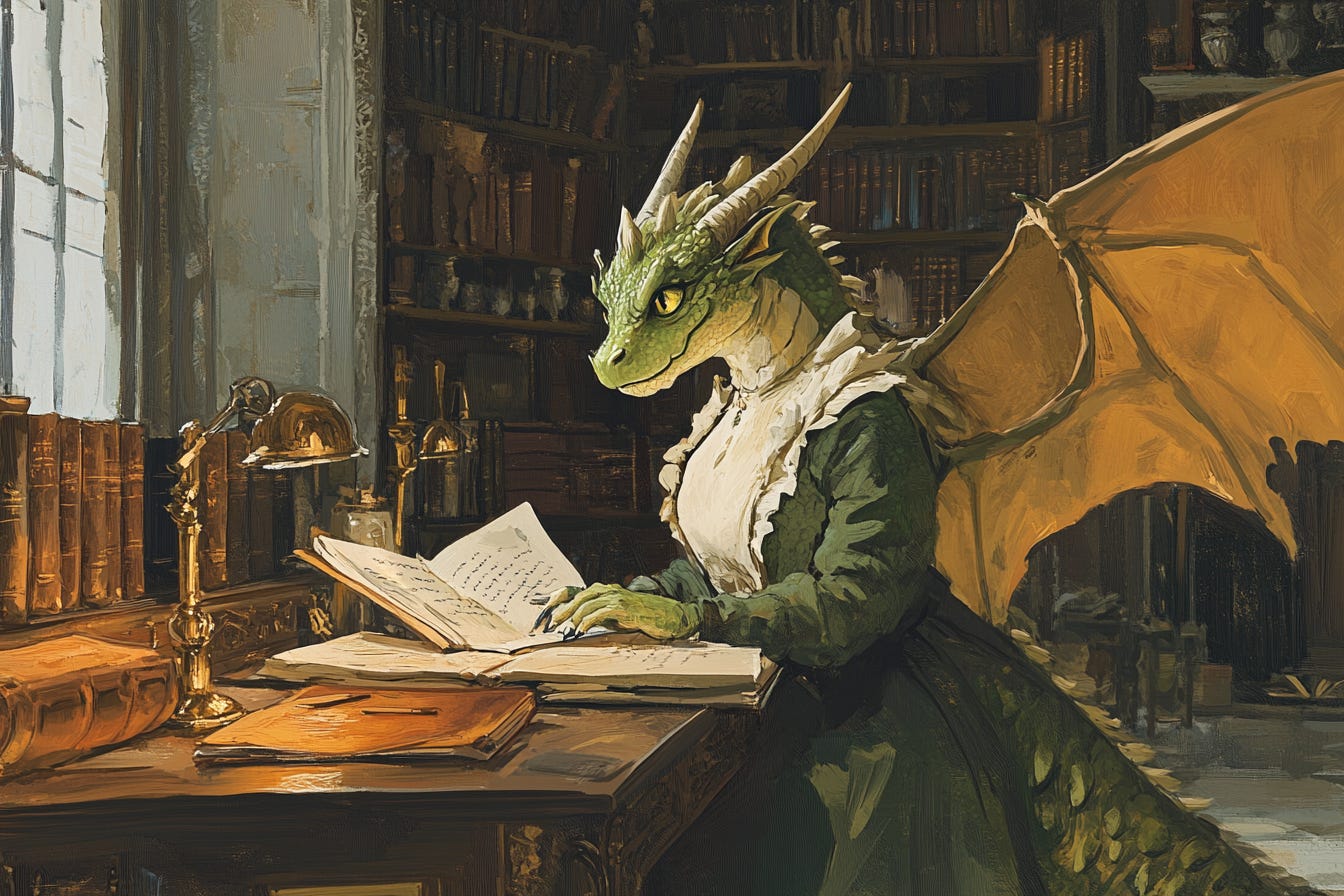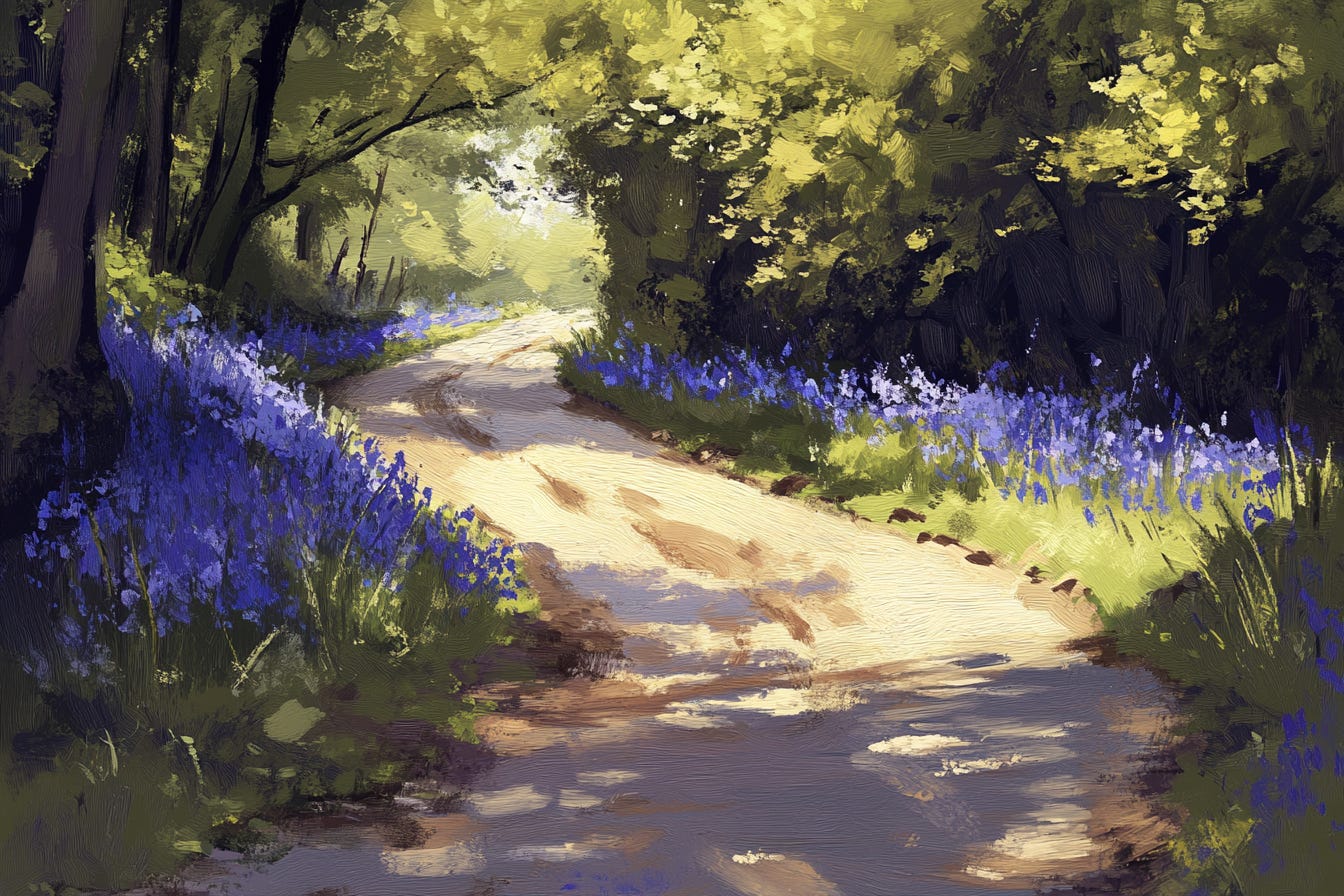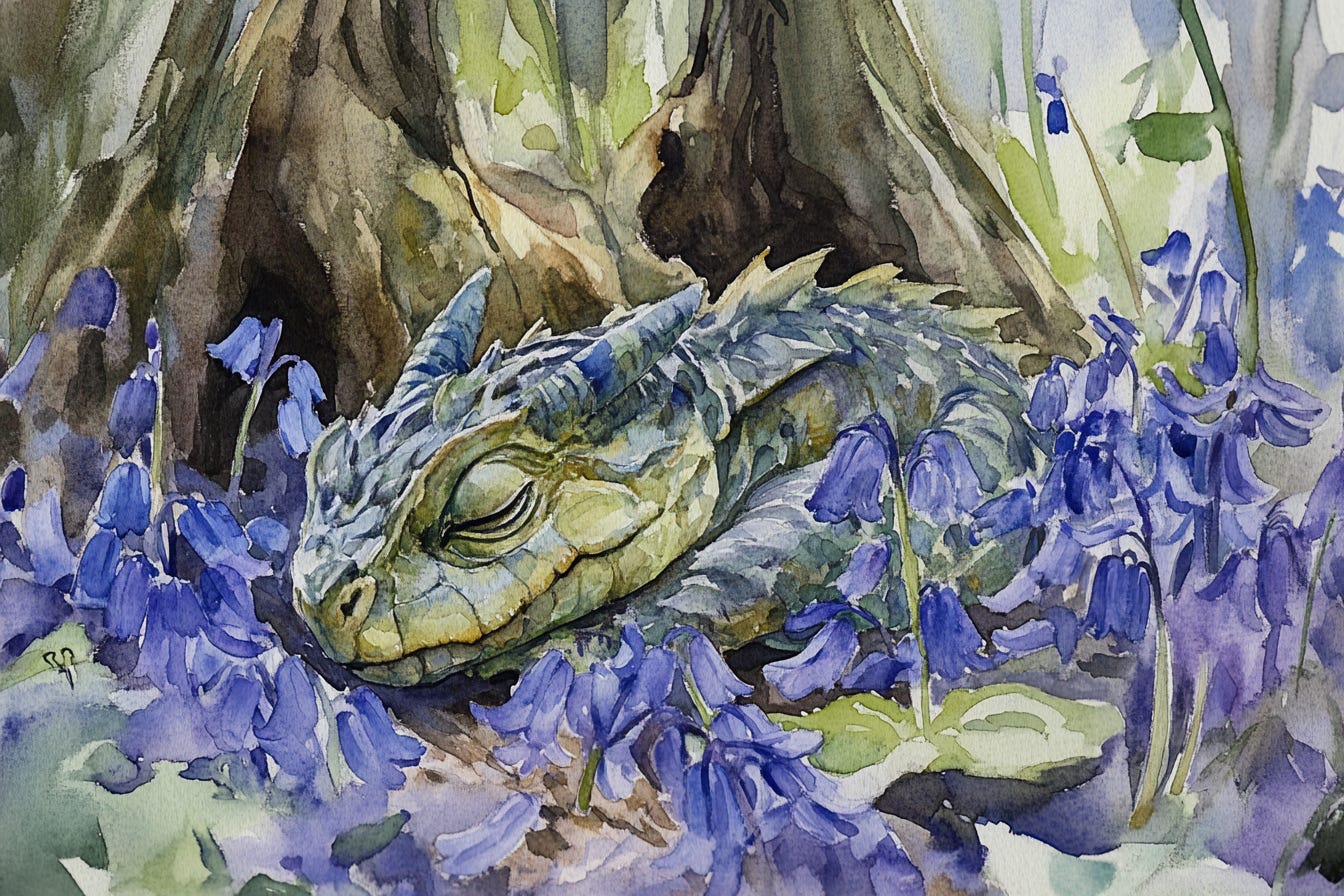This article was originally published at the Mad Genius Club on June 13, 2020.
Dread Edits, only when I was thinking this through I ran the two words into one in my head. I don't think I'm alone in dreading the editing process. It's tedious, it can make a book you enjoyed writing into a boring chore, but it's necessary. Editing is part of the process, even if, or perhaps especially if, you're sending the manuscript to someone else for more editing.
I'm not particularly good at editing. I dread it, I put it off, and although proofing isn't horrible (I tend to read the story backwards, to catch things. That lack of continuity trips up my brain. I started to do this with papers in college and it works well. Your brain is a tricky beast, and it will fill in words that are all wrong, in the interests of helping you. Not helping, Brain!) trying to catch structural issues seems to catch me up in the worst way. Which is why beta readers are invaluable, of course. They aren't living in your head, with access to all the bits you didn't bother to write down, but should have in order to make things perfectly clear to the reader.
Which does not mean that you ought to write everything in your head down in the story. I was amused, while reading a novel, to discover a perfectly lovely passage on novel-writing, as was explained to a young woman who had just written her first novel. This is from Anna and Her Daughters, by DE Stevenson (yes, a relative of that Stevenson). Since DE Stevenson wrote more than 40 novels herself, and was rather successful, I like what she said.
"It's a sort of build up. You have to describe__"
"You don't build up this sort of story. You don't describe the scenery and the characters. This sort of story is an entertainment for people who can't be bothered with long and detailed explanations. You must plunge straight into the middle of the story on the very first page." She smiled and added, "Here am I telling you how to write a novel... and I couldn't write a novel to save my life."
All the same she was right. The beginning was too heavy and it was not until Chapter Four that the story began to get going.
She's hit on something here that made me stop and think. Editing has flavors - far more than the 'structural, continuity, and proof' it has to understand the genre. A romance is going to be paced differently, with different beats, than a science fiction novel will be. And while you can transpose some of those things, because it's never a rigid structure, if you do too many, the readers will wonder what you are playing at. This is why we talk about reading in your genre when you want to write in it. If you don't, the book is going to be an Odd Duck, and not necessarily in a good way. Most likely it will be neither fish, nor fowl, nor good red meat (and what does that leave? Cricket flour?). Being fresh and original, oddly, requires a firm foundation in what you want to break away from.
But I shall finish with DE Stevenson's advice again:
"There were a few other small mistakes... in several places my critic [her friend helping her edit] objected to the phraseology and made me alter it. Bu the time we had done all this the manuscript was in a frightful mess and I said I would re-write the whole thing.
"Indeed you won't!" declared Mrs. Millard. "Give it to me at once. If you rewrite the story you'll change the wording and take out all the freshness and spontaneity. You aren't experienced enough to leave well alone. We'll pack it up here and now and send it to be typed."
She's right, you know. Once you have done the necessary edits, leave it. Send it to your editor, as this is past the beta reader stage - the changes she was incorporating were those that betas would suggest - and then stop worrying about it. Rest, take a long walk, read loads of books that interest you, and then begin on the next book!








Dang it! You just hit on something I need to consider. I'm often told all my works start too slowly and need to 'get to the hook' faster. Now often I can correct for that after the alpha readers get back to me. Sometimes it's the beta readers who catch it. BUT... although I try to follow Kurt Vonnagut's advice of starting as close to the ending as possible, that beginning is still slow, because I'm setting stuff up for the readers.
So that made me just realize that after I'm done with my first draft, maybe my second, I need to look at the story and figure out if it's fast enough to get the reader into the story. Then, look at how many chapters I must figure out how to condense, or find a better way to explain it.
Too often, my first draft is me telling myself the story and thinking the reader wants to know this stuff. Now I am understanding this isn't quite so.